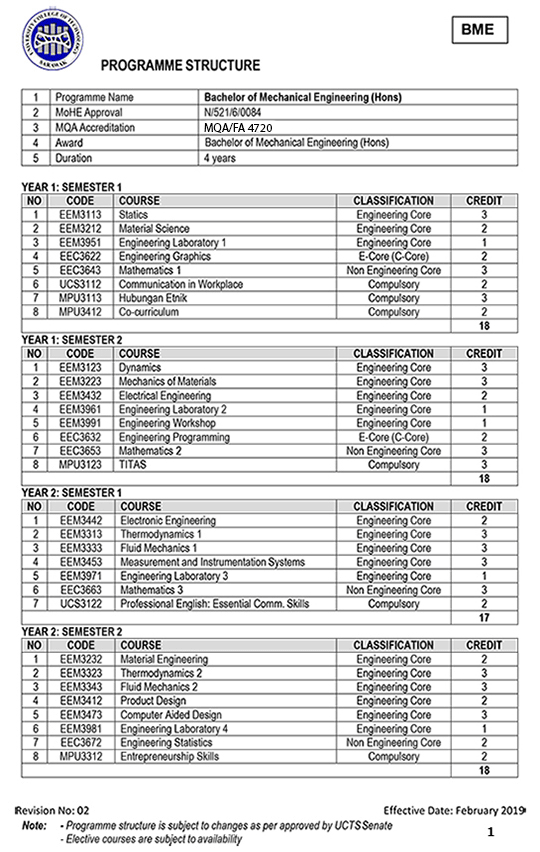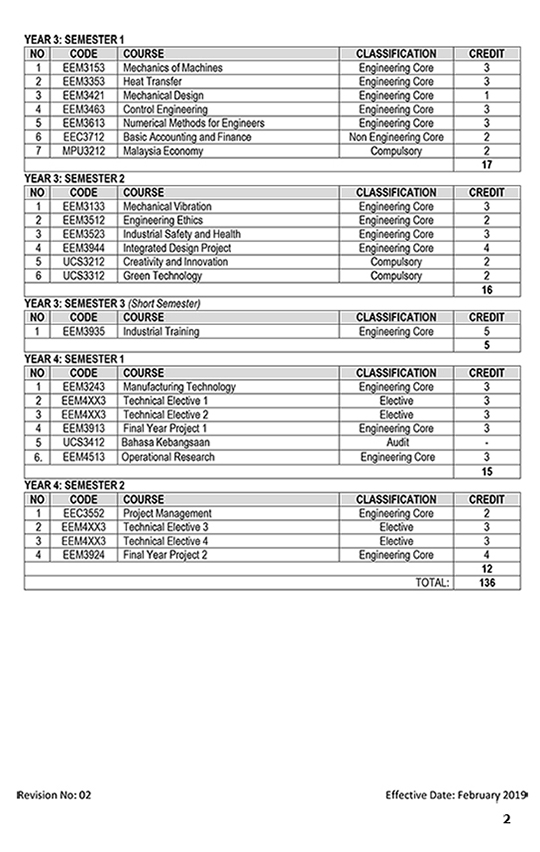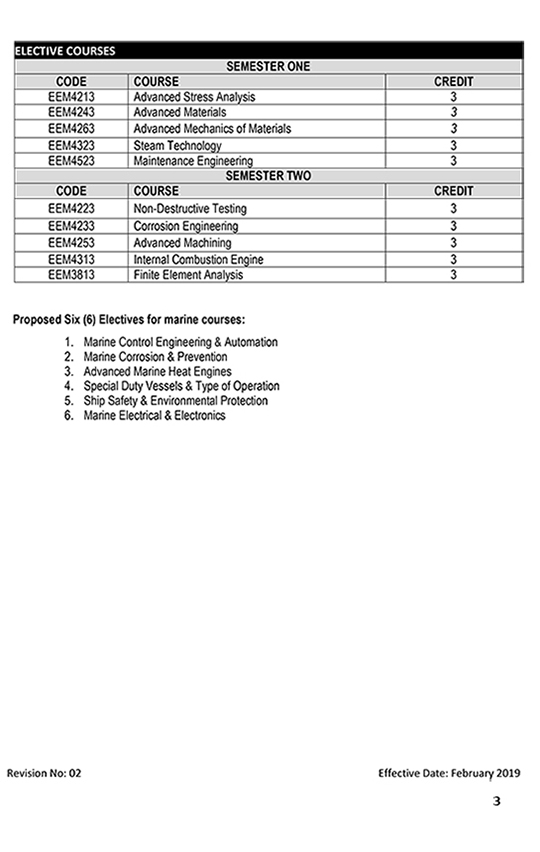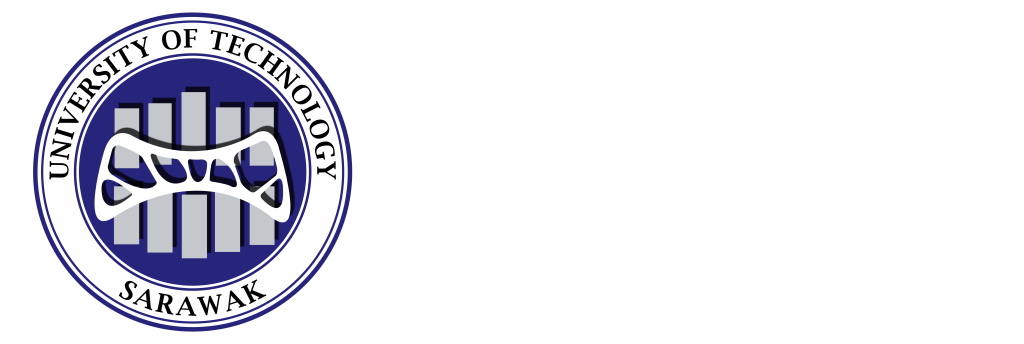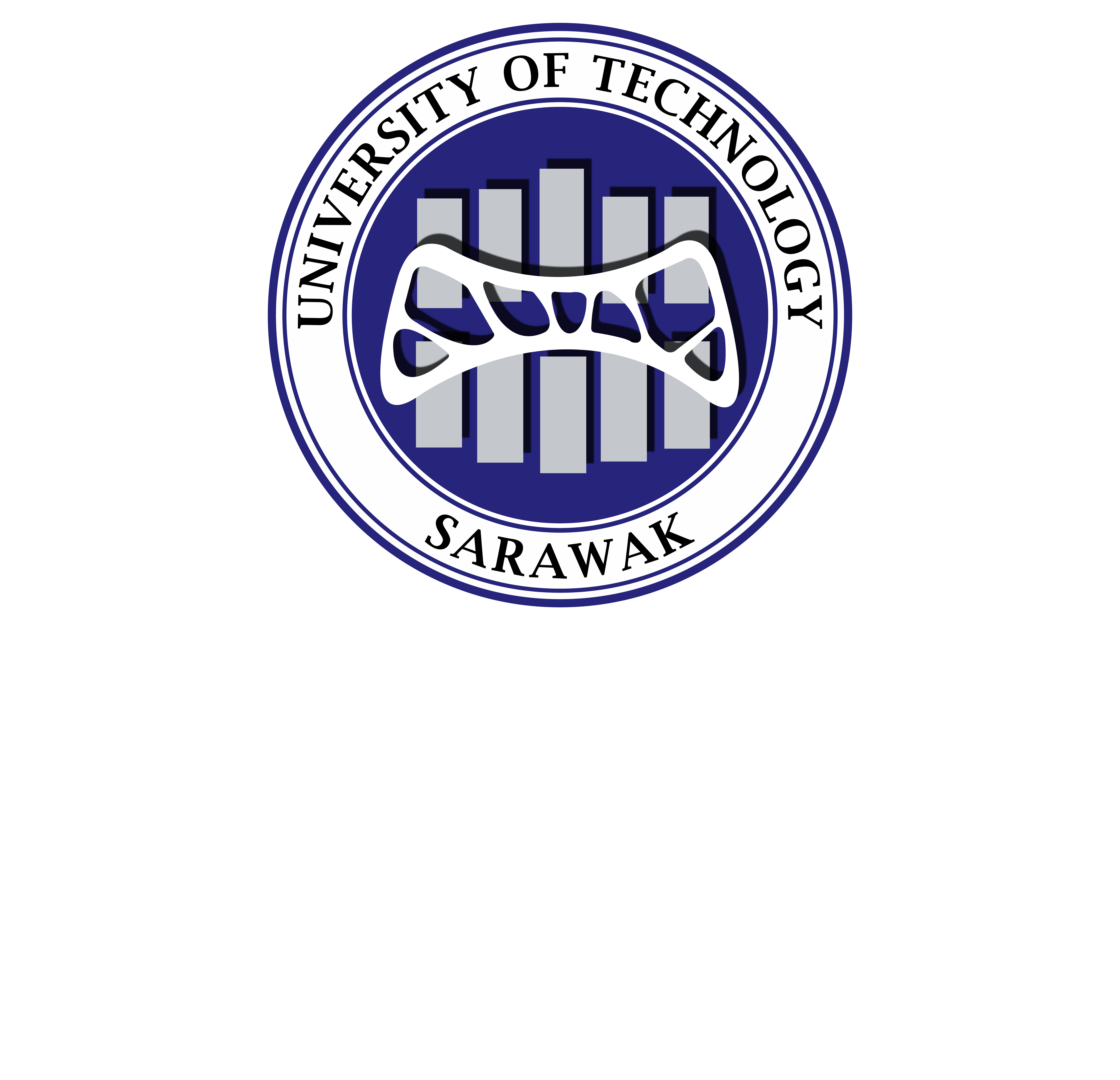Programme Overview
Mechanical Engineering is concerned with the responsible development of products, processes, and power, whether at the molecular scale or at the scale of large and complex systems. Mechanical engineering principles and skills are needed at some stages during the conception, design, development, and manufacture of every human-made object with moving parts. Many innovations crucial to our futures will have their roots in the world of mass, motion, forces, and energy-the world of mechanical engineers.
A career as a Mechanical Engineer is concerned with the application of physical and human resources in improving human living standards. A Mechanical Engineer combines the knowledge of fundamental sciences and engineering majors with experience and expertise to devise, run, and maintain mechanical devices and systems in industries. A Mechanical Engineer also designs and produces a component, a machine or a system, ranging from the smallest components like sensors to the largest systems like cars.
The Bachelor of Mechanical Engineering programme in UCTS is designed to equip students with the knowledge and skills to become a competent practitioner within the field of mechanical engineering. After the degree, graduates will be able to choose a career in various sectors such as manufacturing, processing, energy sector, transportation, oil and gas, aerospace and research labs. A Mechanical Engineer may advance his career either as a consulting engineer providing professional advices to clients, as an engineering project manager, as a research and design engineers responsible for developing and testing new products or as an academician.
Programme Aims
To produce mechanical engineers capable of fulfilling their professional demands in highly competitive global markets with confidence, outstanding ethical and moral values.
Programme Educational Objectives (PEOs)
- Graduates will be employed in mechanical and relevant engineering field with good level of knowledge and competency skills with appropriate attitude enabling them to have successful career.
- Graduates will acquire abilities for effective communication, creativity, entrepreneur leadership, collaborative working in diverse teams and continual development through professional involvement.
- Graduates will pursue lifelong learning in order to contribute to the advancement of the Mechanical Engineering professions and related contemporary issues.
Programme Learning Outcomes (PLOs)
Apply knowledge of mathematics, natural science, engineering fundamentals and an engineering specialization to the solution of complex engineering problems.
Identify, formulate, and conduct research literature and analyses complex engineering problems reaching substantiated conclusions using first principles of mathematics, natural sciences and engineering sciences.
Design solutions for complex engineering problems and design systems, components or processes that meet specified needs with appropriate consideration for public health and safety, cultural, societal, and environmental considerations.
Ability to use the advance techniques, competent create, select and apply appropriate techniques, resources, and modern engineering and it tools, including prediction and modelling, to complex engineering problems, with an understanding of the limitations.
Apply reasoning informed by contextual knowledge to assess societal, health, safety, legal and cultural issues and the consequent responsibilities relevant to professional engineering practice and solutions to complex engineering problems.
Apply ethical principles and commit to professional ethics and responsibilities and norms of engineering practice.
Communicate effectively on complex engineering activities= with the engineering community and with society at large, such as being able to comprehend and write effective reports and design documentation, make effective presentations, and give and receive clear instructions.
Function effectively as an individual, and as a member or leader in diverse teams and in multi-disciplinary settings.
Demonstrate knowledge and understanding of engineering management principles and economic decision making and apply these to one’s own work, as a member and leader in a team, to manage projects in multidisciplinary environments.
Conduct investigation of complex engineering problems using research-based knowledge (wk8) and research methods including design of experiments, analysis and interpretation of data, and synthesis of information to provide valid conclusions.
Recognize the need for, and have the preparation and ability to engage in independent and life-long learning in the broadest context of technological change.
Understand and evaluate the sustainability and impact of professional engineering work in the solutions of complex engineering problems in societal and environmental contexts.
Duration of Study
4 Years
Career Options
- Mechanical engineer
- Maintenance engineer
- Control and instrumentation engineer
- Contracting civil engineer (M&E)
- Automotive and locomotive engineer
- Aerospace and aircraft engineer
- Production engineer/manager
- Quality engineer
- Mining engineer
- Technical sales engineer
- Water engineer
- Patent attorney
- Marine engineer
- Technopreneur
- Academician
- Researcher
- Safety engineer and etc
Carrer Sectors
- Oil and Gas
- Agriculture and Plantation
- Ship Building and Repairing
- Energy sectors
- Electrical and Electronic Industry
- Automotive and Locomotive Industry
- Aerospace and Aircraft Industry
- Materials Manufacturing Industry
- Food Industry
- Construction Industry
- Government
- Research Institute
- Education Institute and etc
Accreditation
Bachelor Mechanical Engineering (Hons) programme has fulfilled the requirements by Malaysian Qualifications Agency (MQA) and Engineering Accreditation Council (EAC), and hence allowing graduates (with work experience) to register as professional engineers under the Board of Engineers Malaysia (BEM). It has also received accreditation from International Organization for Standardization (ISO).
Entry Requirements
- Pass STPM/A-level with full pass in Mathematics and Physical Science; or
- Pass UEC with five (5) Grade B’s including Mathematics and Physical Science; or
- Pass Matriculation / Pre-U/ Foundation in Science from recognised institutions with minimum CGPA 2.0; or
- Pass Diploma in related field from recognised institutions with minimum CGPA 2.0; or
- Other equivalent qualifications recognised by the Malaysian Government
Tuition Fees
Study loans are available from PTPTN. The tuition fees above are only applicable to local / Malaysian students. For more details and information, please contact our Marketing Office at (+6) 084-367300 or email to enquiry@uts.edu.my.
Programme Structure and Synopsis
Click Here to download synopsis
For intakes Feb 2019 onwards
